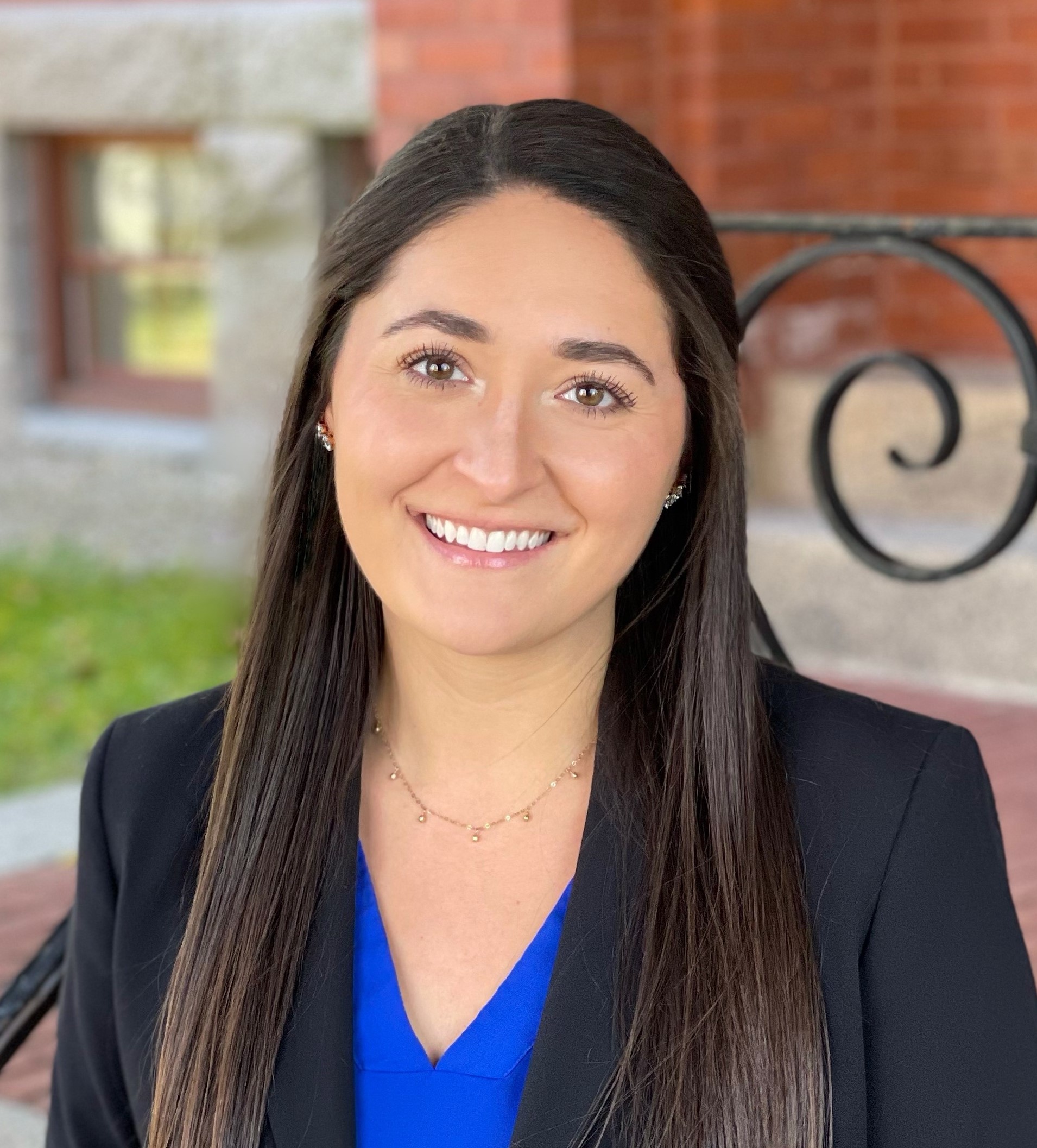Eib and Imboden receive NASPA Region III Research and Assessment Grant


Jackie Eib, associate director of integrative student services for online programs, and Matt Imboden, chief student and academic services officer, have received a NASPA Region III Research and Assessment Grant for their project, B.A.L.A.N.C.E. (Business, Academics, Life, and Navigating Competing Expectations): Sustainable Success and Wellbeing as a Working Adult Graduate Student.
The research aims to better understand the strategies and experiences online MBA students use to manage the complexities of work, life and academics. It also seeks to co-create a resource with participants that will help inform future support structures and guide incoming students.
“In the long term, we want the B.A.L.A.N.C.E. initiative to help ensure that Wake Forest is not only responsive to the needs of adult learners but also proactive in shaping support models that help them thrive,” said Eib and Imboden.
This project will deepen the University’s understanding of the needs of working adult graduate students and contribute meaningful insights to the broader field of student success and wellbeing.
Q&A
Read more about the B.A.L.A.N.C.E. initiative in this Q&A with Eib and Imboden.
What long-term impact do you hope this project will have on graduate student wellbeing and success?
The goals of the project are twofold: (1) to better understand students’ strategies and experiences for managing complex lives, and (2) to co-create a resource with participants that can inform future support structures and guide incoming students. We hope that through this ongoing dialogue with our students, we can deepen our understanding of the everyday challenges that working professionals face as they balance their education, careers, and personal lives. In the long term, we want the B.A.L.A.N.C.E. initiative to help ensure that Wake Forest is not only responsive to the needs of adult learners but also proactive in shaping support models that help them thrive. As the population of working professional students, and adult learners more generally, continues to grow across higher education nationally, it’s essential that we extend the hallmark distinctive elements of the Wake Forest experience, including its sense of community, mentorship, and purpose, to meet these learners where they are, in ways that recognize the realities of their lives and empower them to achieve sustainable success.
Why is understanding the experiences of online MBA students important to you?
Understanding the experiences of our online MBA students allows us to better support them as both professionals and individuals, and equip them to make sense of their own goals, values, and contexts. This population represents a dynamic and growing student community, and their success is integral to the future of graduate business education and institutions that want to be a part of helping such students to accelerate their careers while also acknowledging their wellbeing. The B.A.L.A.N.C.E. initiative contributes to this work by listening directly to the lived experiences of a diverse cohort of online MBA students. Their insights help us refine our programs, advising, and student support in ways that align with the rhythms and realities of modern professional life.
What excites you most about partnering with students through this co-creation approach?
At its core, our work in student services is about relationships and building partnerships and environments that help students to feel seen, supported, and empowered to succeed. Through B.A.L.A.N.C.E., we have the opportunity to bring that philosophy to life by inviting students to join us as co-creators in the process. What excites us most is the genuine exchange of expertise that this approach fosters. We bring our professional experience in designing structures that promote student wellbeing and success, while our students bring their lived realities as adult learners navigating multiple demands. Together, we can co-design strategies and resources that are both practical and authentic. This partnership not only enhances our programs but also embodies the Wake Forest commitment to educating the whole person.
Categories: Awards & Recognition, Research & Discovery, University Announcements
